Ethnographic Film Review “Eyes and Lenses”
“Eyes and Lenses” is an annual ethnographic film review organized by the Ethnographic Laboratory Association, the only event of its kind in Poland. The review showcases films by both Polish and international creators, featuring new releases as well as classic works that have not yet been widely accessible to audiences.
When organizing the festival program, we announce an open call for submissions while also collaborating with prominent global centers of visual anthropology and key ethnographic film festivals. Films from the “Eyes and Lenses” collection have been featured as guest screenings at events like the Mandragon Festival and the Museum of Folk Culture in Pomerania. Each year, the screenings are accompanied by a variety of additional activities, including discussions with filmmakers, panel discussions, and concerts.
A bit of history:
The first edition of “Eyes and Lenses” was organized in 2004 by the Student Scientific Circle “Etno” of the Institute of Ethnology and Cultural Anthropology at the University of Warsaw. However, the organizers’ ambitions were larger from the outset, and just one year later, the review expanded beyond the university walls. The event found its longest-standing home in the cinema hall of the National Ethnographic Museum in Warsaw, where it returned in 2022 after a few years’ hiatus. In a short time, “Eyes and Lenses” became one of the most important and recognizable ethnographic events in Poland.
Simultaneously, with the growing interest in related documentary film, the festival began to attract an increasing number of viewers from outside the ethnographic community, intrigued by what might be encompassed by the term “ethnographic film.” There are many definitions, but in short, ethnographic films are images shot by anthropologists with a cinematic flair and by filmmakers with an ethnographic sensibility.
Since 2004, a great deal has changed. Partially due to “Eyes and Lenses,” broader audiences have had the chance to become acquainted with the classics of ethnographic cinema. However, the process of change has been much broader. Worldwide, the popularity of various types of documentary films has increased—more often long-featured films with substantial budgets. Consequently, film festivals dedicated to documentary cinema have gained greater interest, and the best documentaries have started to enter wide distribution.
At the same time, the approach to visuality and its significance in ethnographic research has evolved. Filming is no longer a costly technique requiring professional preparation; any ethnographer can use their smartphone at any moment to record an observation, scene, or conversation. However, this does not mean that every such recording will be an ethnographic film worthy of being showcased at our review or others. Each year, we conduct a selection process that considers not only the cognitive value but also the artistic and technical quality of the films presented.
In nearly 20 years of the review, we have shown hundreds of films. Among them are works by classic ethnographic filmmakers (Jean Rouch, Jacek Olędzki, etc.) and the latest films shot by both ethnographers picking up the camera and filmmakers with ethnographic imagination. We strive to ensure that each subsequent edition surprises our audience.
The Ethnographic Laboratory Association (Stowarzyszenie “Pracownia Etnograficzna”)
The Ethnographic Laboratory Association was established in 2006 as a platform for activities that utilize ethnological expertise beyond the university setting. Our goals include fostering sensitivity to social diversity, popularizing socially useful knowledge derived from academic research, and initiating creative projects that connect various communities.
The Association engages in educational, animational, research, and outreach activities. The topics we address are wide-ranging: from an interest in traditional folk culture to research on broadly understood cultural heritage and cultural diversity, as well as the analysis of contemporary social phenomena such as migration, refugee issues, and the memory of the past. We operate throughout the country, with a particular focus on areas with limited access to culture and education. We are also co-creators of the Duży Pokój Laboratory, a space for cultural activities in Warsaw.
All our initiatives are unified by an anthropological sensibility that encourages a respectful listening to the stories of individuals, considering grassroots perspectives and the diversity of social life.
https://www.facebook.com/StowarzyszeniePracowniaEtnograficzna
Project Team
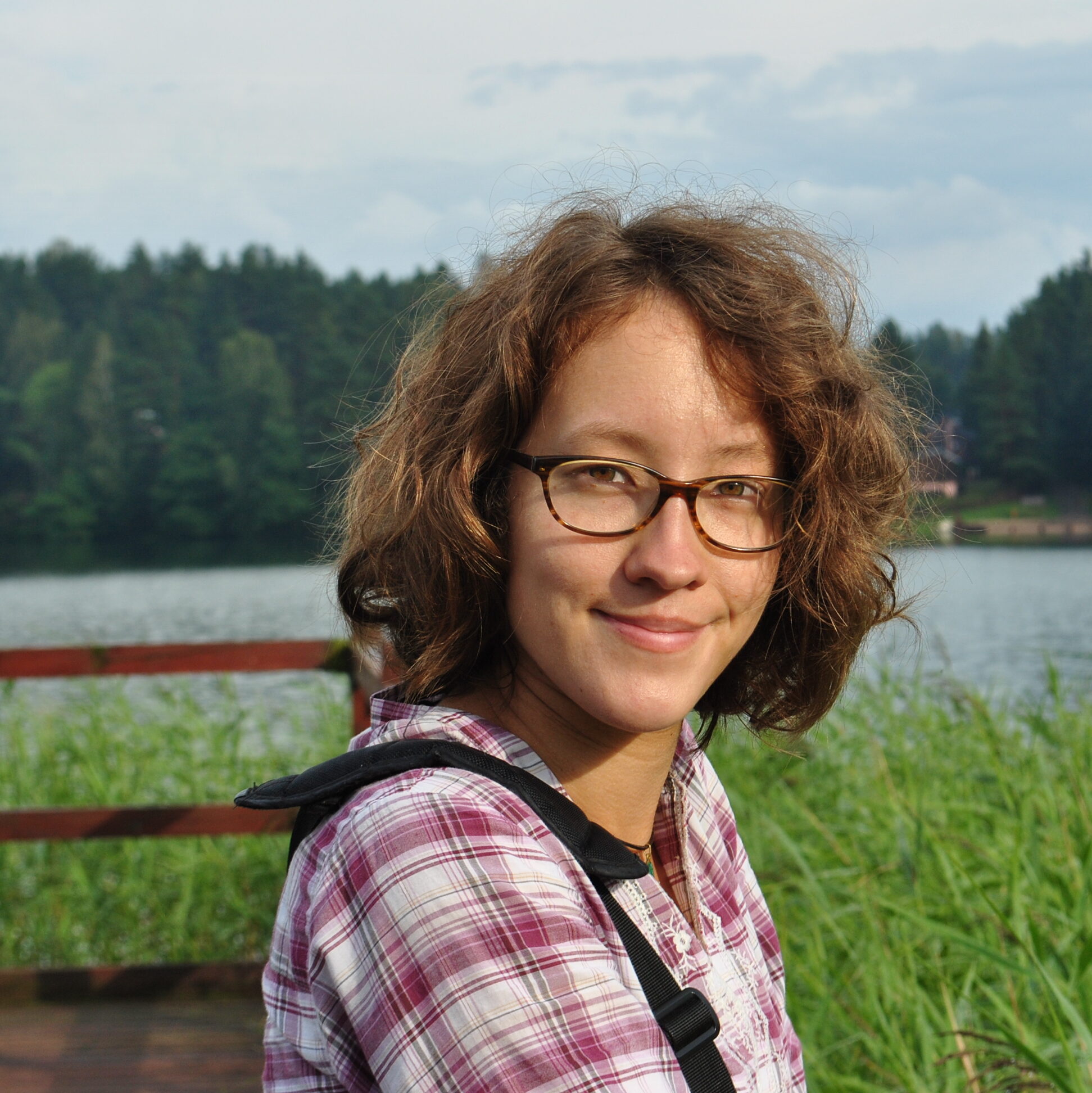
Katarzyna Kamler
A graduate of the Faculty of Geography and Regional Studies at the University of Warsaw, she is an educator, researcher, and project coordinator for initiatives in the Ethnographic Laboratory Association. She leads ethnographic workshops for children and youth focused on topics such as locality, cultural heritage, multiculturalism, and tourism. In her free time, she enjoys spending time in the mountains.
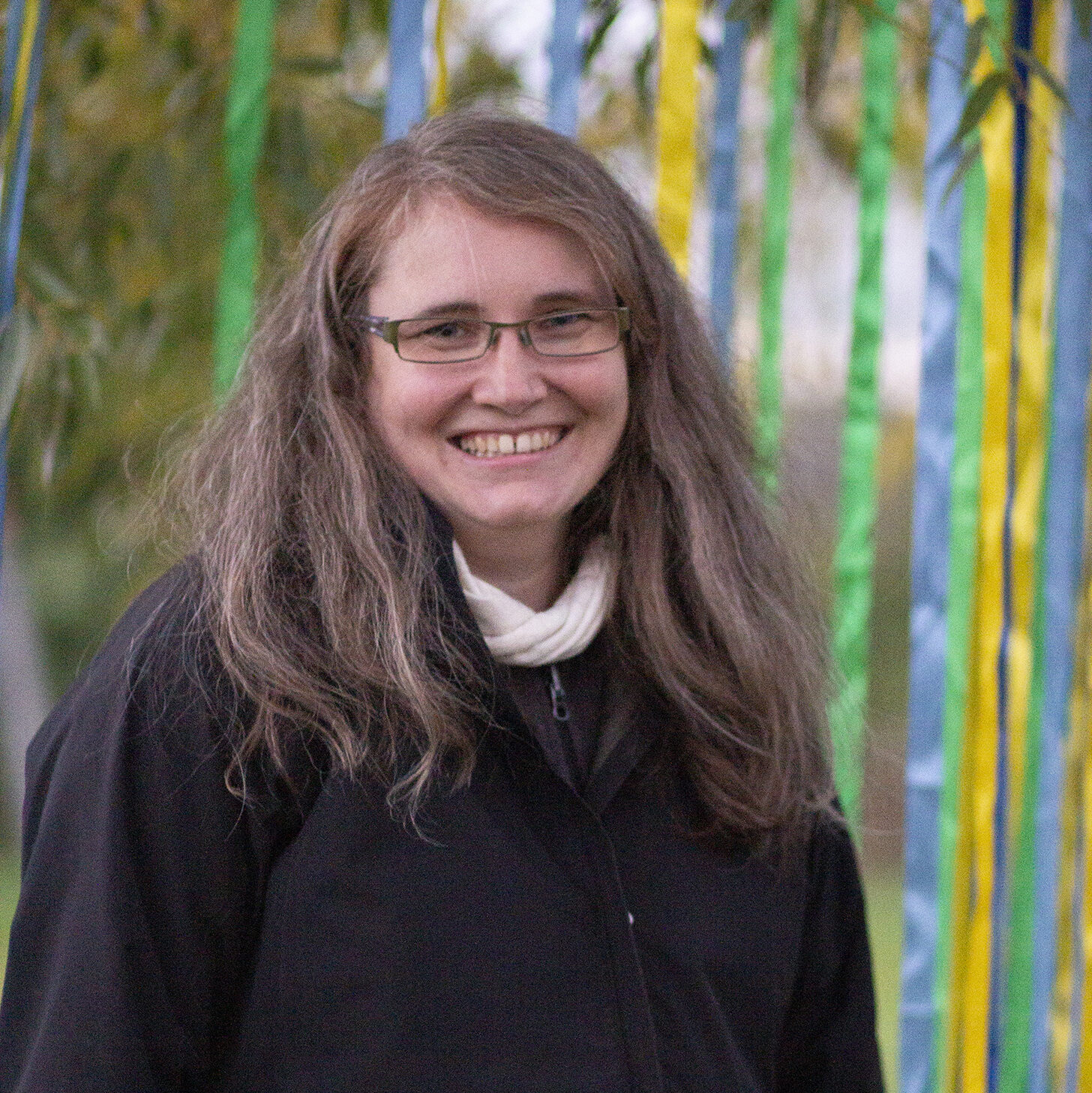
Anna Bińka
A graduate in ethnology and intercultural psychology, she is the president of the Ethnographic Laboratory Association. She is the initiator and coordinator of projects that promote anthropology and connect ethnographic research with local animation.
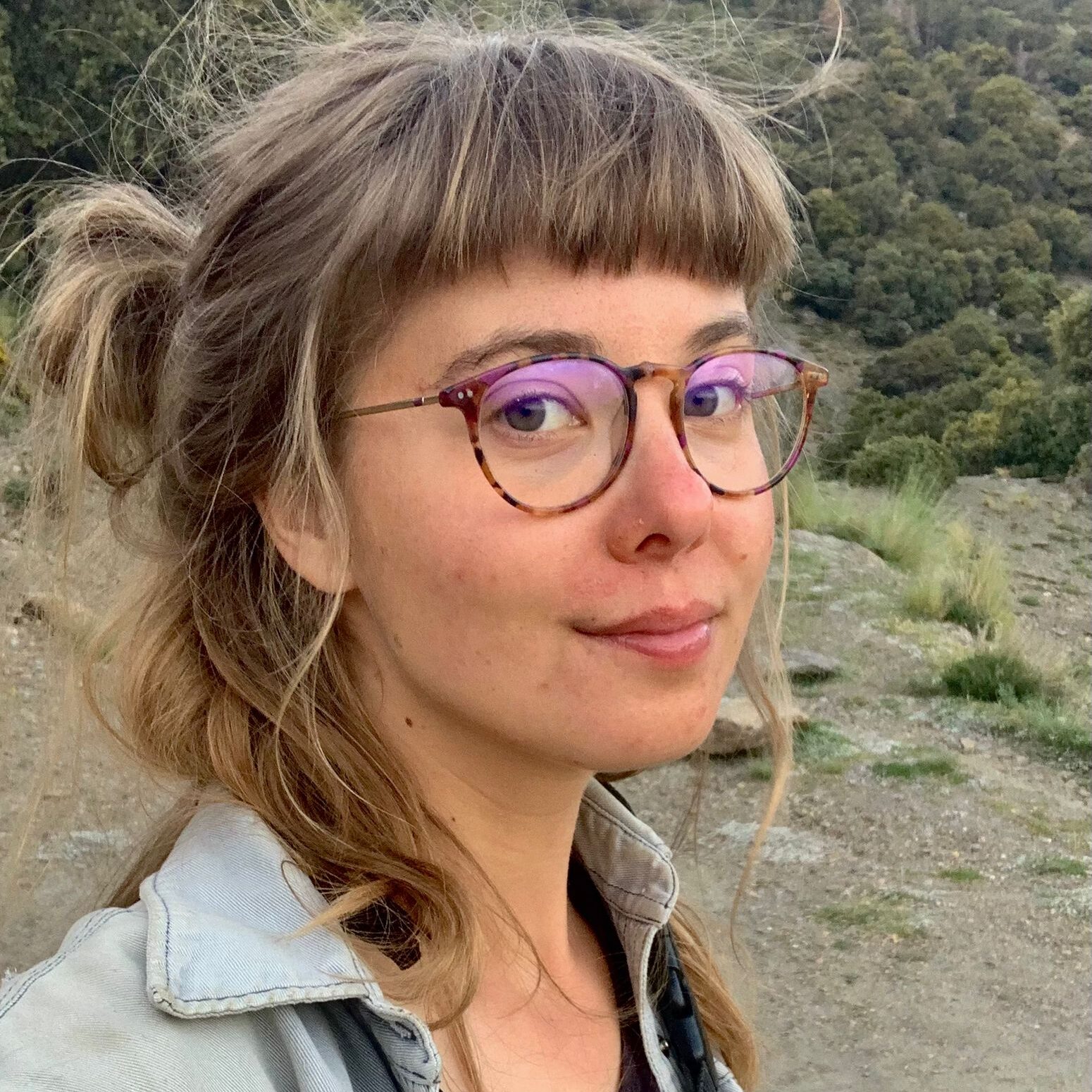
Zuzia Michałek
A graduate in Ethnology and Cultural Anthropology as well as Ethnographic and Documentary Filmmaking in London, she is a documentary filmmaker and editor. As a freelancer, she cooperates with associations and social initiatives, producing video and audio materials for grassroots projects and campaigns. In her free time, she enjoys wandering with a backpack and swimming.
Volunteers
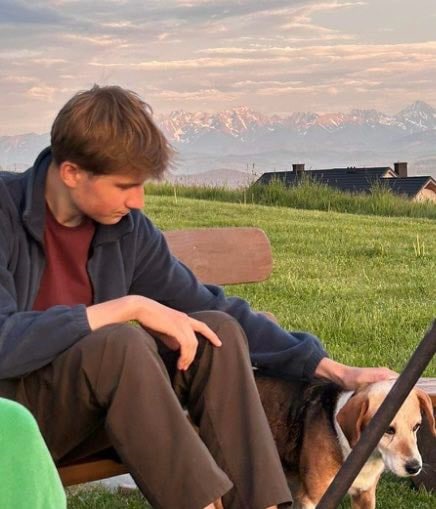
Tolek Dziarski
A third-year student at the Institute of Ethnology and Cultural Anthropology at the University of Warsaw, he studies local communities in the Podhale region. He is interested in film, particularly those that tell stories about people, their ways of life, and their interpretations of the surrounding world.

Alicja Prokopczuk
A graduate in ethnology and intercultural psychology, she is the president of the Ethnographic Laboratory Association. She is the initiator and coordinator of projects that promote anthropology and connect ethnographic research with local animation.
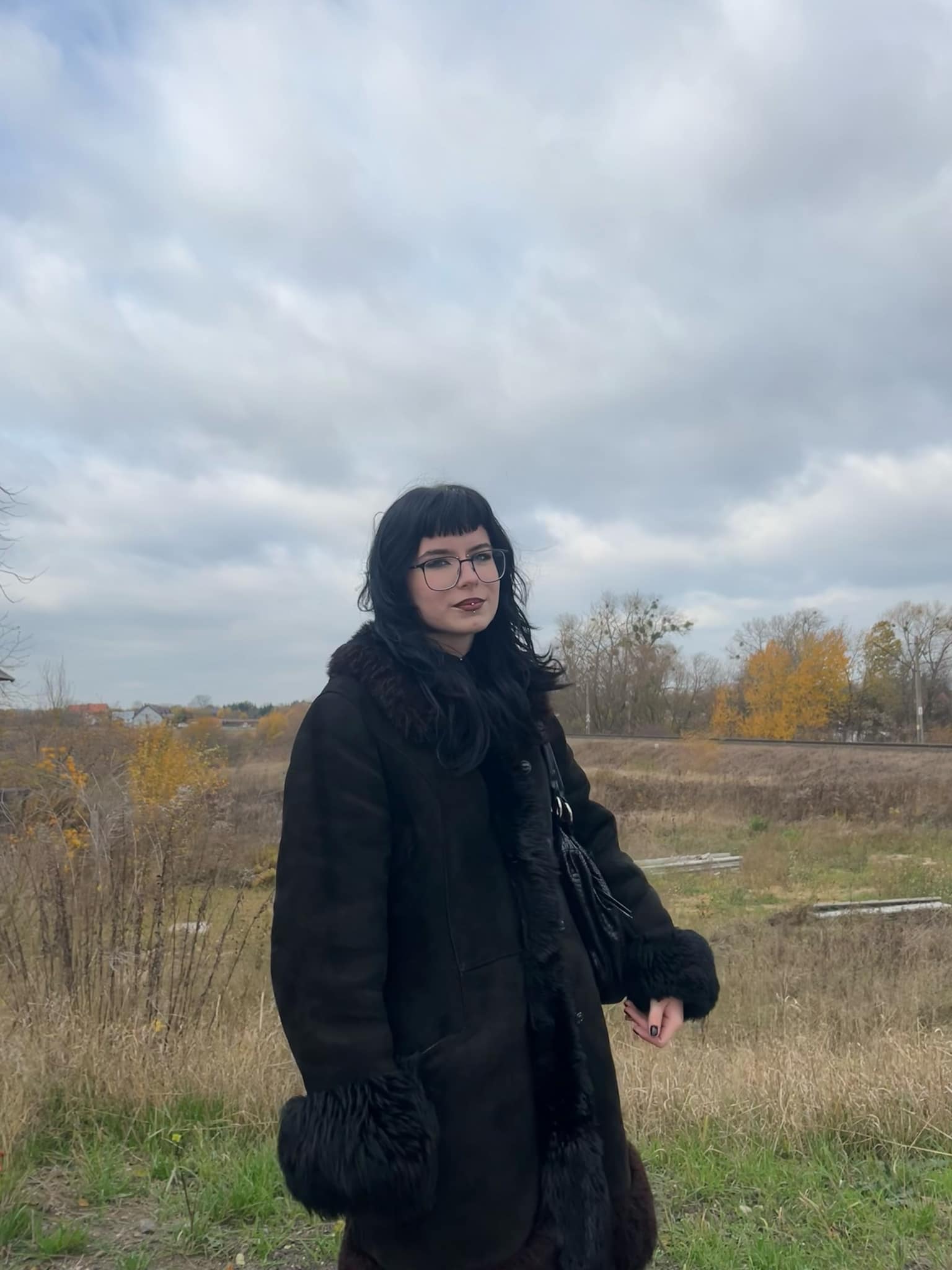
Wiktoria Szumska
A first-year student at the Institute of Ethnology and Cultural Anthropology at the University of Warsaw, she is interested in the broad realms of culture and art, with a particular focus on cinema.
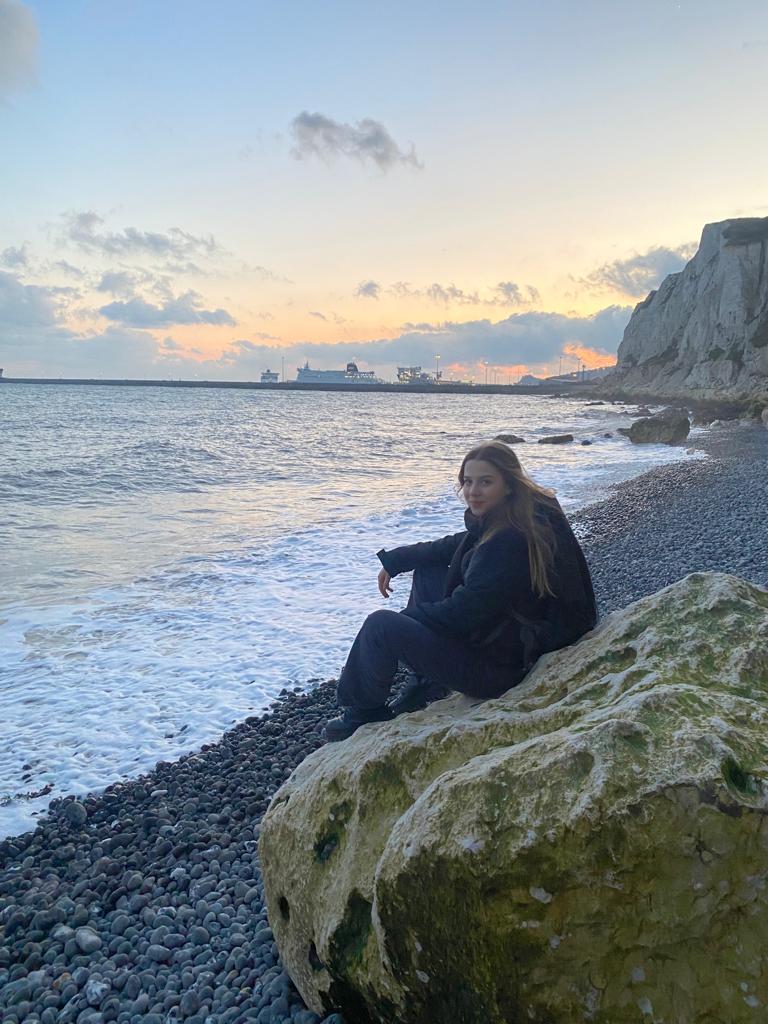
Marta Majewska
Student at the Institute of Ethnology and Cultural Anthropology at the University of Warsaw. She conducts research among people attending the market in the town of Nowy Targ. Additionally, her research focuses on capturing the dynamics of changing discourses regarding the war in Ukraine, opinions on its causes, and its potential justification. She also studies the history of art, with an interest in visuality and performativity.
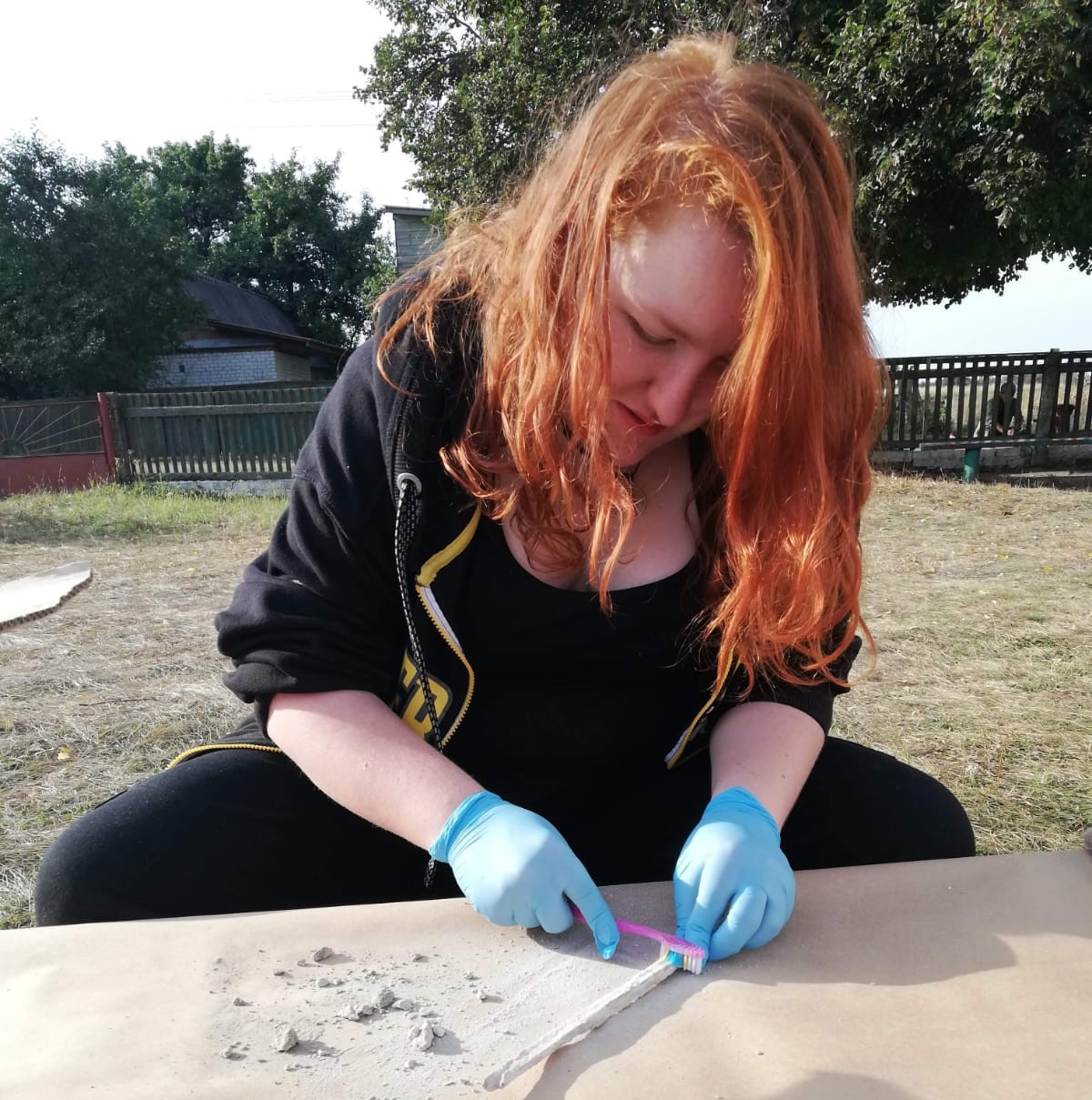
Joanna Malinowska
A graduate in archaeology and a student at the Institute of Ethnology and Cultural Anthropology at the University of Warsaw. Originally from the forests of the Bieszczady Mountains, she is an enthusiast of Carpathian legends and beliefs, also focusing on the concepts of identity and attachment to history among the Highlanders of Podhale. In archaeology, she specializes in medieval funerary practices, particularly anti-vampire rituals.